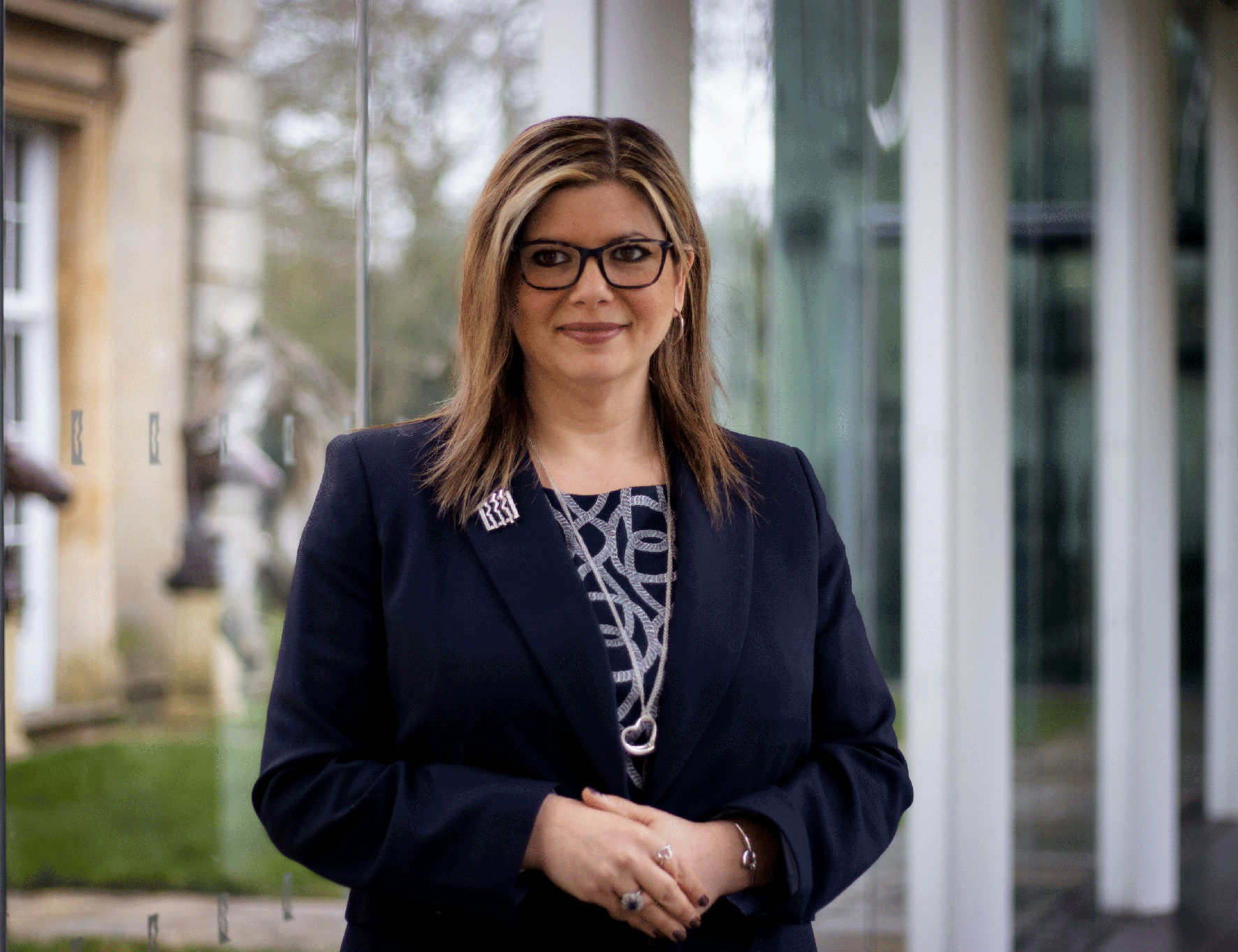With 3,675 votes in the polls on LinkedIn over the course of the project, there were 1,910 engagements with AI questions compared to 1,765 for the human ones.
Cat Brown, Pertemps Director, said: “There is an awful lot of chatter about AI and how it can be integrated to make industry work smarter, but with that come concerns about replacing people and taking jobs. However, we need people to put the technology to best use.
“It is about augmentation, not replacement. It does not necessarily mean fewer jobs, just different ones. AI will automate some tasks but in many roles that can be seen as a positive. With new technologies come new possibilities and opportunities for people to learn new skills, adapt and find fulfilment in their work.
“Our research shows that, already, the technology is effective and can be used to support colleagues in some of their daily tasks.
“It is essential to remember that technological advancements have always created new jobs. Evolving is in our DNA. We have done it many times before and we need to remember how to adapt and create a world where humans benefit from AI to help them work smarter.
“Think of what we already use in our daily lives, things like smart speakers. They help us free-up time.
“In the recruitment world, it can help our delivery teams work to a level of scalability that wasn’t possible before. For instance, when launching a campaign, consultants can access wider talent pools quicker than ever before.
“However, AI can’t and shouldn’t replace people. You can support a recruitment process by automating regular engagement, but the old adage of ‘people buy from people’ is still very much true today. The bond between a candidate and their recruiter is valuable and studies show better engagement leads to greater commitment.
“By embracing AI, we can create a more efficient and productive workplace, and free up time in our lives to dedicate to the tasks that only humans can do.”
As part of an AI experiment, Pertemps conducted 10 separate polls on LinkedIn on the topic of AI over 10 weeks. Five polls were human generated, with five from ChatGPT.





























